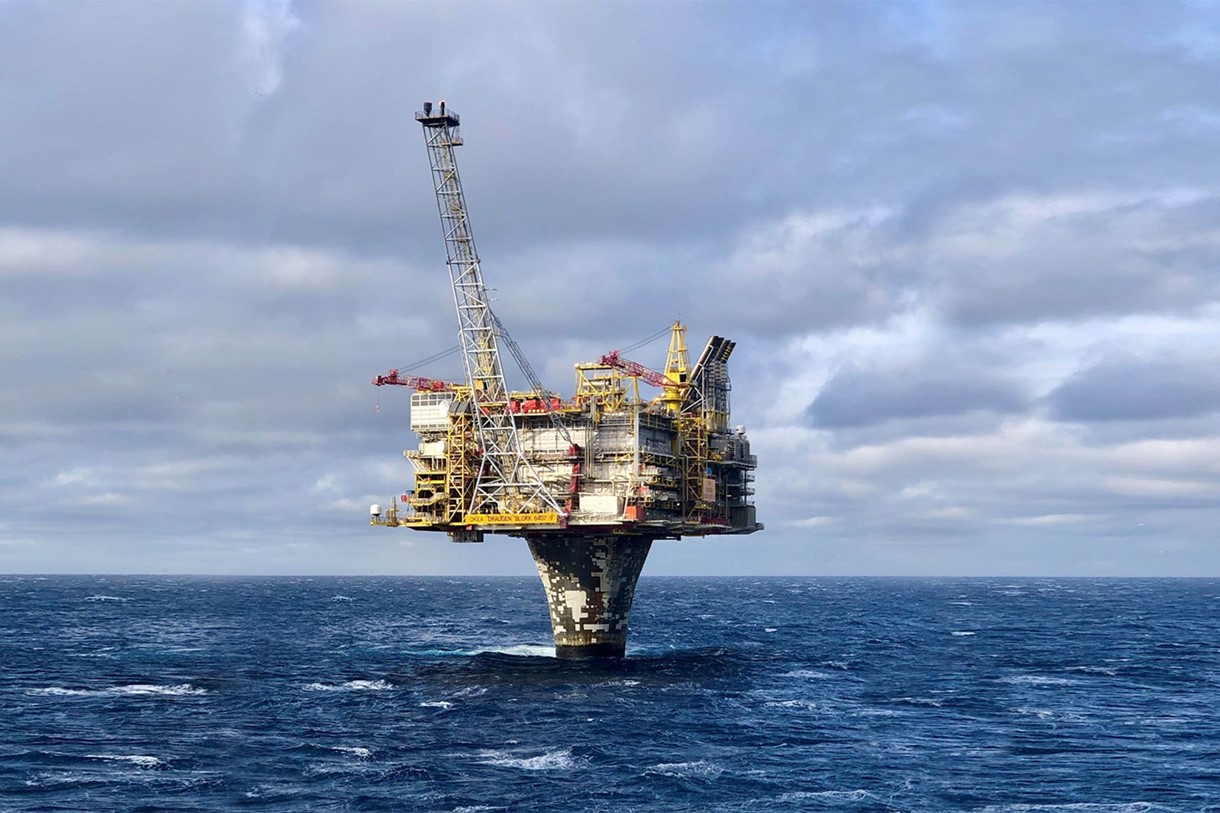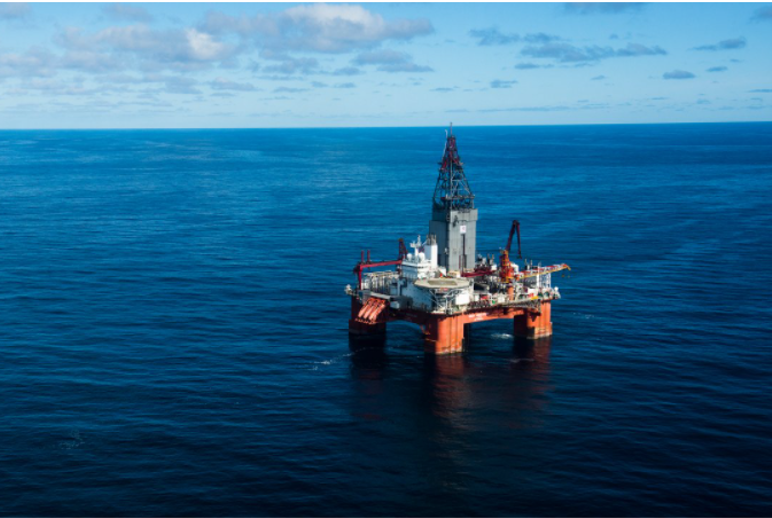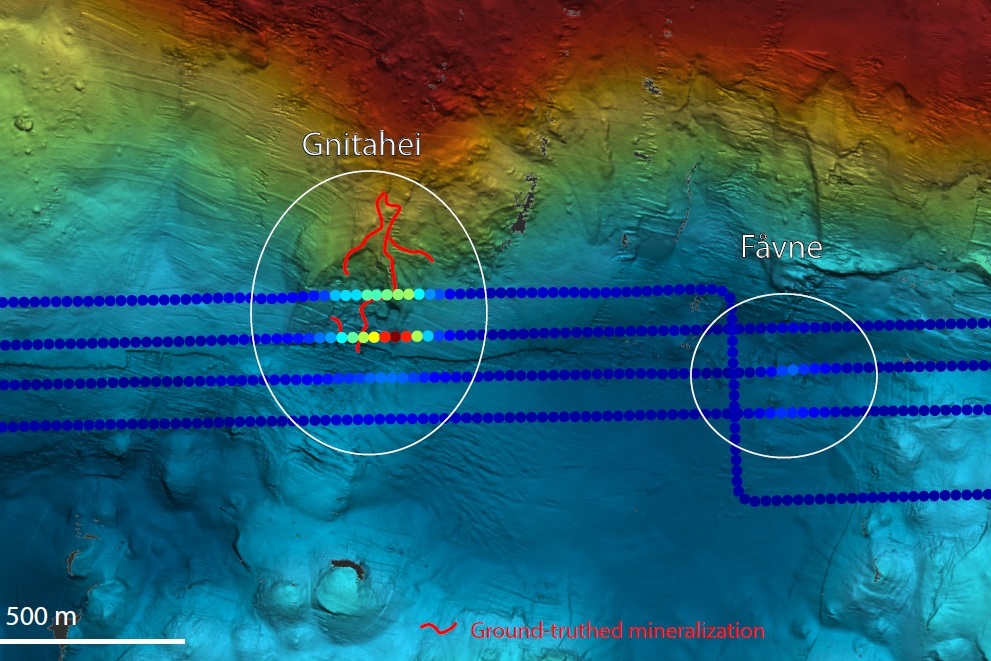Activities on the Norwegian continental shelf (NCS) have been reduced as a result of the ongoing COVID-19 situation. This is due to both the statutory measures and the low oil prices resulting from increased global production and sharply reduced demand.
But so far, operators on the NCS have managed to maintain production, and recently, for example, Equinor announced that the Johan Sverdrup field in the North Sea will reach plateau production in phase 1 earlier than expected (May).
In addition, production will be higher than previously forecasted, 470,000 barrels of oil per day (boepd) vs 440,000 boepd.
Fewer exploration wells
– At the same time, the industry has notified and initiated a number of measures, and we observe that this is already affecting activity on the NCS. Large cost cuts have been announced, in which exploration activities, investments and operating costs will be reduced in the future, says the director of the NPD, Ingrid Sølvberg in a press release.
At the start of the year, it was expected that 50 exploration wells could be drilled on the NCS in 2020. According to the NPD director, the estimate is now reduced to 40, and this may change even further in the near future.
The effect of postponement of exploration wells will depend on how long the current situation will last. The NPD distinguishes between time-critical and non-time-critical resources, the former being wells that must be drilled within a short period of time while infrastructure (such as oil platforms) is still in place and operational.
Resources may be lost
If the situation with low oil prices persists, the economic life of the fields can be reduced, which will affect exploration activities. And reduced exploration activity will affect future production on the shelf, NPD points out.
NPD also notes that reduced progress in projects related to the extraction of time-critical resources, as well as postponement of activities in producing fields and development projects, can affect future production and total resource utilization:
Development of time-critical discoveries can be compromised if they are not expanded within a given time window. If too long time, the pressure in the reservoir for some discoveries may decrease due to production from nearby reservoirs. The development of time-critical discoveries into existing infrastructure also depends on the life of the infrastructure. This applies to the North Sea and the Norwegian Sea.
In the Barents Sea, all infrastructure is of more recent date – therefore there is no danger of losing time-critical resources for that reason in this area.
– On fields in operation, we see that wells are exposed due to the low oil price and / or because the offshore staffing is reduced due to the corona situation. There is a risk that several of these wells will not be drilled later, and thus there is a risk that resources will be lost, explains Sølvberg.
There is also a risk that cost cuts may stop projects related to increased recovery.
– What we see is that the picture is constantly changing. Therefore, it is currently difficult to keep track of the effect of what is happening in the industry. We follow the activity closely. We get our job done and we deal with the issues we are going to handle. But this is a serious and demanding situation, concludes Ingrid Sølvberg.





